Swimming Lessons For Children: How To Help Your Child Learn To Swim
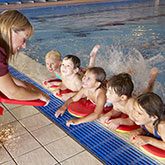
Learn To Swim
|
October 29, 2014
The first rule of swimming and the path to success is deciding your role as a parent before you dive in. What is the goal? Are you aiming for a safe swimmer in the water for fun and play? Or do you have an aspiring Olympian?
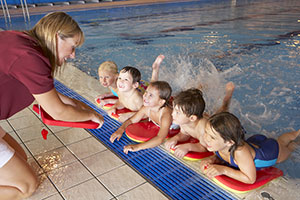 Children who are just learning to swim may thrive in group classes offered at local recreation facilities. If this is your path follow it with as much enthusiasm and the happiest face you can muster. Why? If you are feeling anxious, scared, or hesitant about getting your child in the water they will know.
I speak from experience. Currently I teach baby to toddler swim lessons and run six to ten sessions every week. The goal in my class is safety skills, survival, and fun. There are awesome parents who love getting in the water with their children and there are parents who fear it. Guess which kids kick, scream, and cry.
Children who are just learning to swim may thrive in group classes offered at local recreation facilities. If this is your path follow it with as much enthusiasm and the happiest face you can muster. Why? If you are feeling anxious, scared, or hesitant about getting your child in the water they will know.
I speak from experience. Currently I teach baby to toddler swim lessons and run six to ten sessions every week. The goal in my class is safety skills, survival, and fun. There are awesome parents who love getting in the water with their children and there are parents who fear it. Guess which kids kick, scream, and cry.
 Children who are just learning to swim may thrive in group classes offered at local recreation facilities. If this is your path follow it with as much enthusiasm and the happiest face you can muster. Why? If you are feeling anxious, scared, or hesitant about getting your child in the water they will know.
I speak from experience. Currently I teach baby to toddler swim lessons and run six to ten sessions every week. The goal in my class is safety skills, survival, and fun. There are awesome parents who love getting in the water with their children and there are parents who fear it. Guess which kids kick, scream, and cry.
Children who are just learning to swim may thrive in group classes offered at local recreation facilities. If this is your path follow it with as much enthusiasm and the happiest face you can muster. Why? If you are feeling anxious, scared, or hesitant about getting your child in the water they will know.
I speak from experience. Currently I teach baby to toddler swim lessons and run six to ten sessions every week. The goal in my class is safety skills, survival, and fun. There are awesome parents who love getting in the water with their children and there are parents who fear it. Guess which kids kick, scream, and cry.


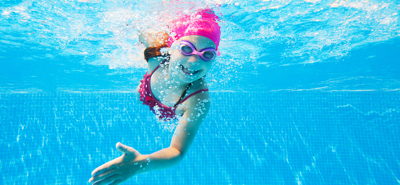
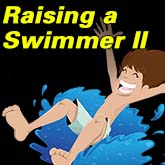


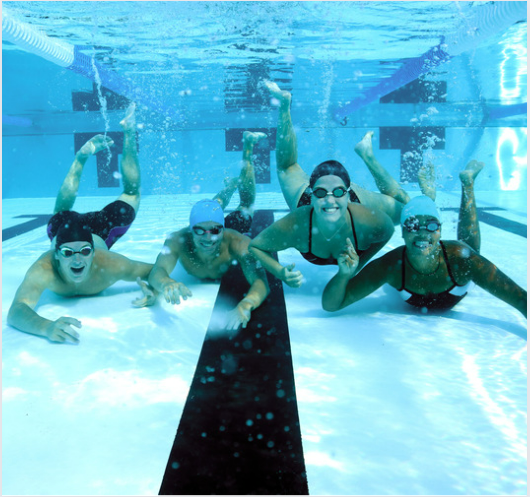
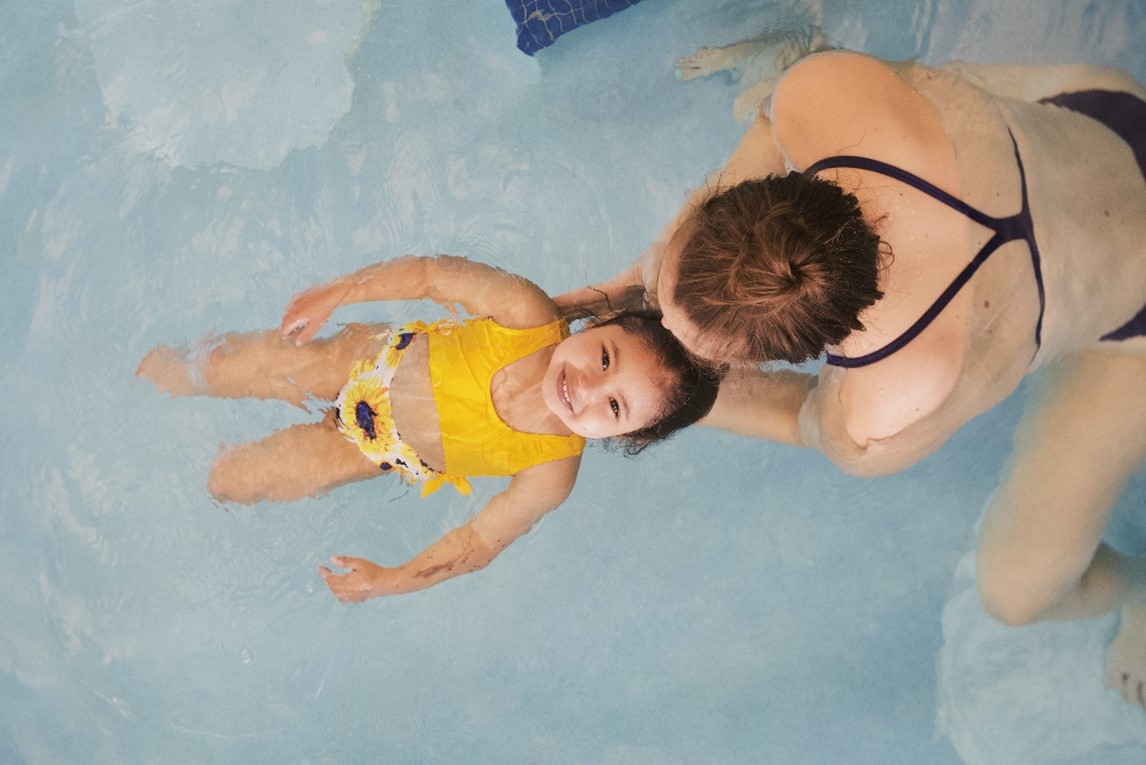

Leave a Comment
Your email address will not be published. Required fields are marked *